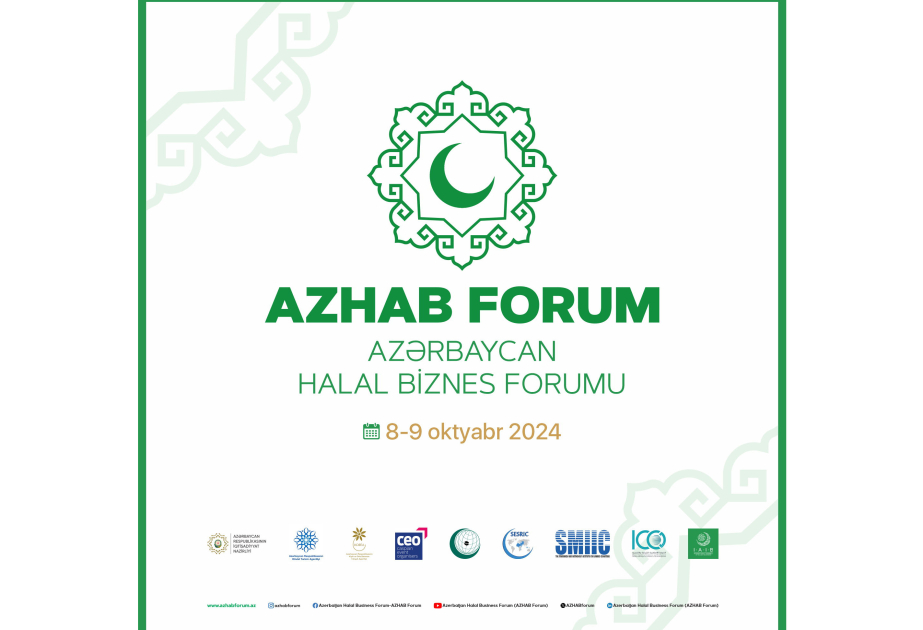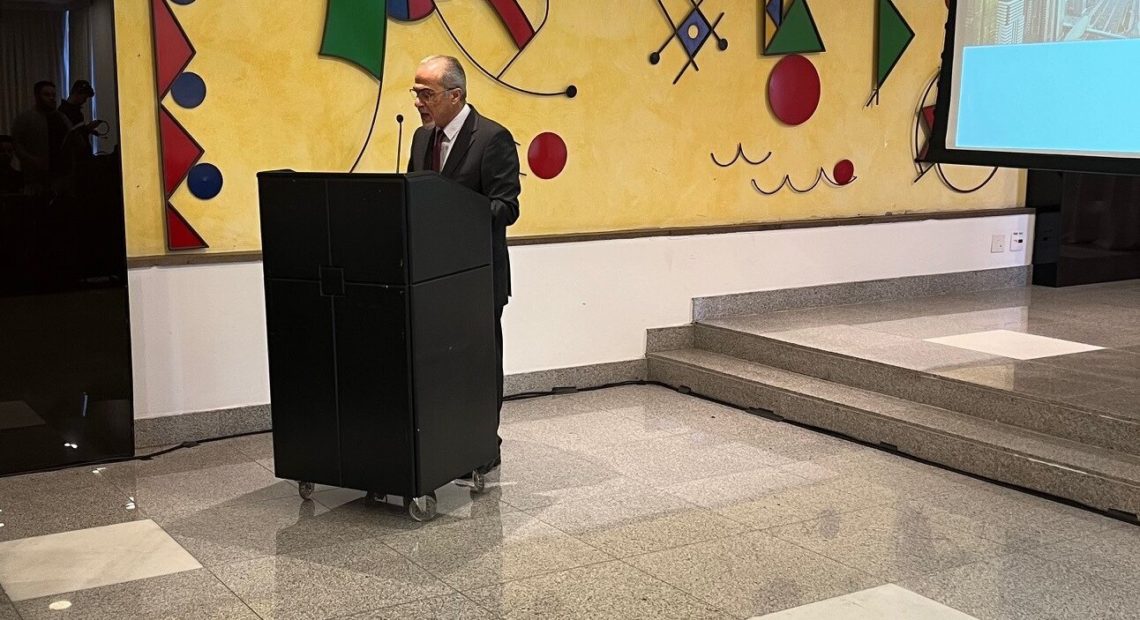Is Halal Business Real?

For
a long time, the halal simply meant buying meat from a halal butcher,
who slaughtered in accordance with Islamic principles. But the halal
food market has exploded in the past decade and is now worth an
estimated $632 billion annually, according to the Halal Journal,
a Kuala Lumpur-based magazine. That’s about 16% of the entire global
food industry. Throw in the fast-growing Islam-friendly finance sector
and the myriad other products and services — cosmetics, real estate,
hotels, fashion, insurance — that comply with Islamic law and the
teachings of the Qur’an, and the sector is worth well over $1 trillion a
year, according a recent report in Time magazine.
Time
attributes the rise of the halal economy to the world’s 1.6 billion
Muslims, most of whom are younger and, in some places at least, richer
than ever. Seeking to exploit that huge market, non-Muslim
multinationals like Tesco, McDonald’s and Nestlé have expanded their
Muslim-friendly offerings and now control an estimated 90% of the
global halal market.
Beyond halal food, the global economic crisis has brought attention to Islamic finance
as an alternative for both Muslim non-Muslim customers. In a recent
article, the Vatican newspaper Osservatore Romano has voiced its
approval of Islamic finance. The Vatican paper wrote that banks should
look at the rules of Islamic finance to restore confidence amongst
their clients at a time of global economic crisis.
“The ethical principles on which Islamic finance is based may bring
banks closer to their clients and to the true spirit which should mark
every financial service,” the Osservatore Romano said. “Western banks
could use tools such as the Islamic bonds,
known as sukuk, as collateral”. Sukuk may be used to fund the “‘car
industry or the next Olympic Games in London,” the article says.
Investors
are attracted by Islamic banking’s more conservative approach: Islamic
law forbids banks from charging interest (though customers pay fees)
and many scholars discourage investment in excessively leveraged
companies. Though it currently accounts for just 1% of the global
market, the Islamic finance industry’s value is growing at around 15% a
year, and could reach $4 trillion in five years, up from $500 billion
today, according to a 2008 report from Moody’s Investors Service.
Pakistan’s
Islamic banks plan to expand their network of outlets this year to take
advantage of rising demand for Shariah-compliant financing according to
Pervez Said, director of Islamic banking at the State Bank of Pakistan.
These banks have 500 branches, after adding 210 outlets last year.
Pakistan is promoting growth in Islamic finance to expand the reach of
the banking sector which has less than 25 million deposit accounts.
Shariah-compliant facilities are forecast to rise to 277 billion rupees
($3.5 billion) this year from 185 billion in 2008, according to central
bank data.
French retail giant Carrefour is looking to expand in
a number of Muslim countries, including Pakistan. “We are not
interested in what I call ‘French North Africa’, so in the west we
won’t go beyond Libya. To the east we are looking at markets like Iran
and Pakistan. India is too far away for us.” François de Montaudouin,
chief executive of Majid Al Futtaim Group, said recently.
Former Nixon adviser and now an American-Muslim commentator, Robert D. Crane,
recently described “the universal principles of what may be called
Islamic economics, not the glitzy stuff of the so-called Islamic banks
but the maqasid al shari’ah or universal and essential purposes of
justice as taught principally in the haqq al mal of classical Islamic
thought, first revived in the modern era by Grand Mufti Ibn Ashur’s
book, Maqasid al Shari’ah, published in 1946 and translated by the
International Institute of Islamic Thought in 2007”. Crane says that
“these provide a new paradigm ready to replace the bankrupt paradigm of
concentrated power that dominates in both socialism and capitalism.”
The dramatic growth of interest in Halal business and finance can be measured by many international conferences and expos
held each year to bring together various regional and international
players. A number of major events are planned this year in Asia, Middle
East and Europe.
It is important for Muslim businessmen and
entrepreneurs to seize the opportunity from the projected phenomenal
growth of the halal markets. There are a whole range of products and
services from food and medicine to finance to travel and entertainment
that can come out of the halal movement. It is clearly a mutli-trillion
dollar opportunity during the next three to five years.



